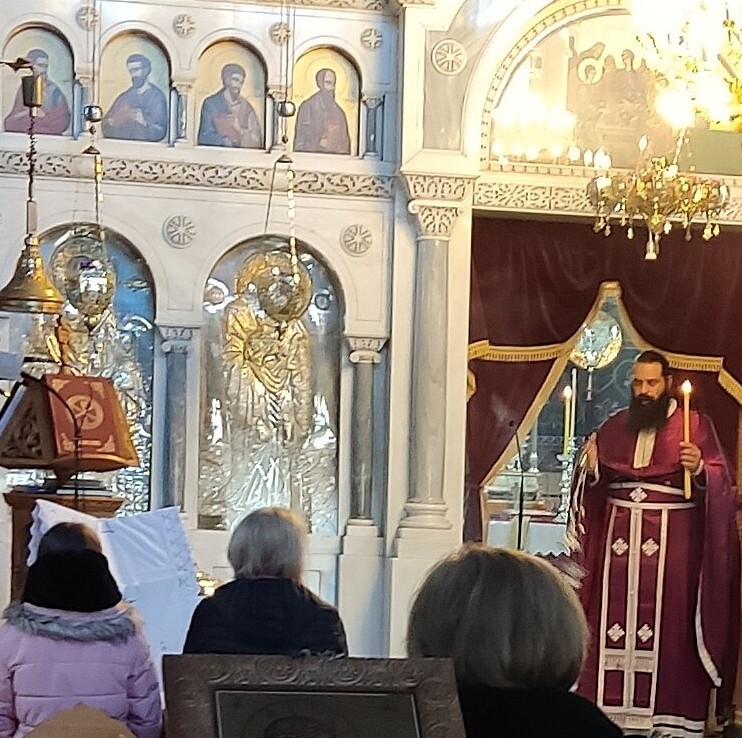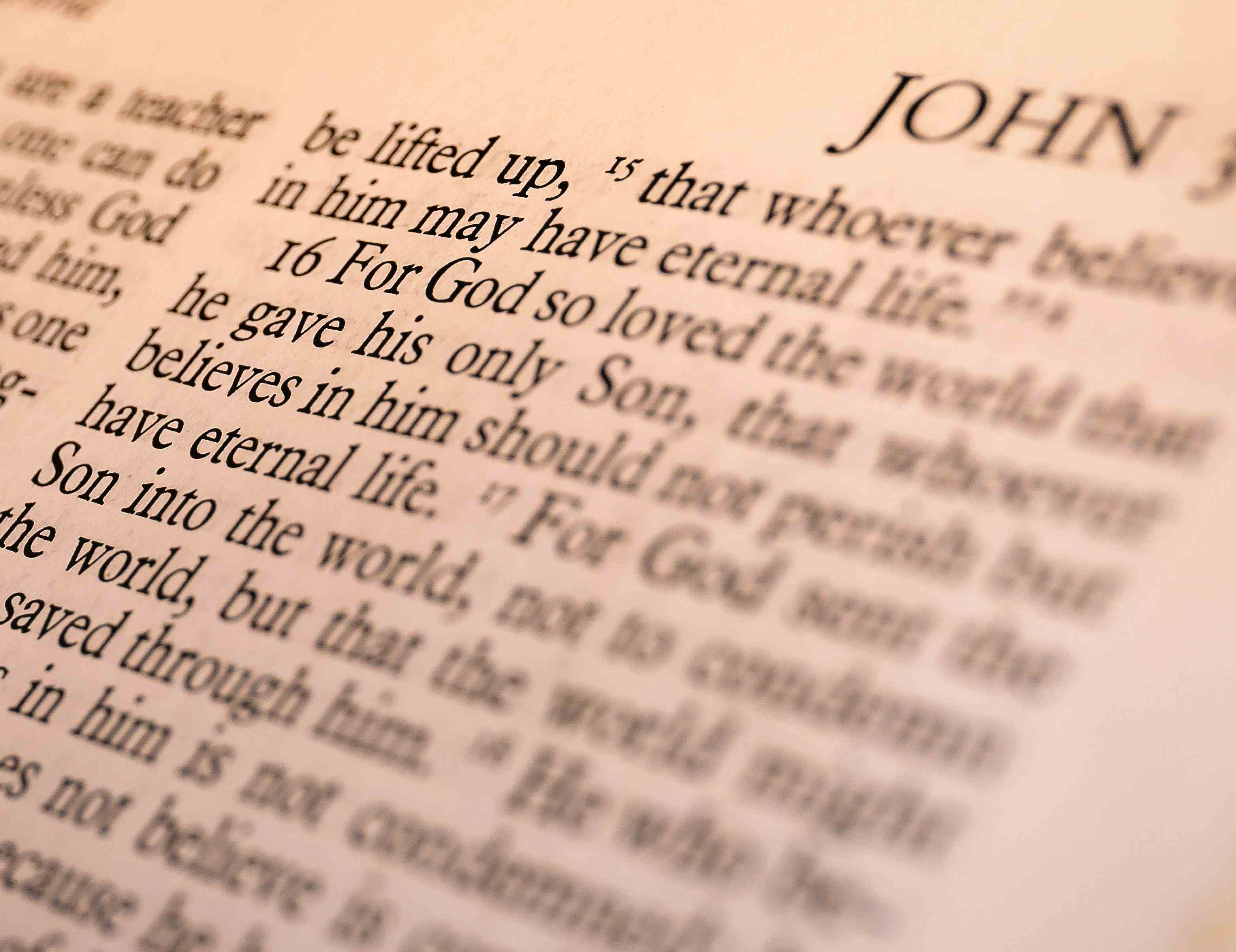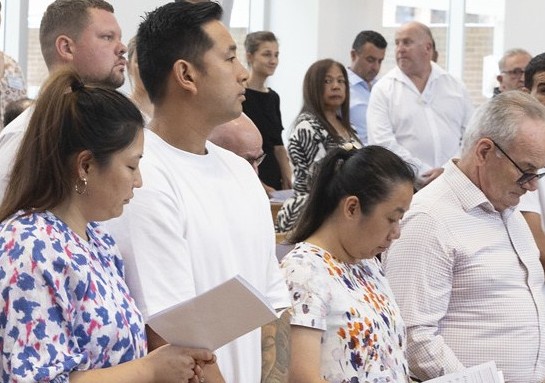Ecumenical and Interfaith Prayer
NLC ARTICLES
.jpg)
This article explores how Catholic communities in Australia can participate in ecumenical and multi-faith prayer with integrity, honouring theological differences, fostering respectful collaboration, and offering a credible witness to unity in a diverse world.
official documents

Other Documents
These Guidelines are intended to promote intelligent and sensitive discussion amongst the churches. ACOL offers these guidelines for consideration as theological and practical pointers to appropriate participation in multi-faith worship and other events.
This document sets out guidelines for ecumenical worship in rural and remote areas, and identifies issues to be considered by those with leadership roles in worship.
The Directory intends to motivate, enlighten and guide ecumenical activity, and in some particular cases also to give binding directives in accordance with the proper competence of the Pontifical Council for Promoting Christian Unity. The norms provided in this document aim to promote consistency and coordination in the various practices of ecumenism by which particular Churches respond to their different local situations.
The Lima text concentrates on those aspects of Baptism-Eucharist-Ministry that have been directly or indirectly related to the problems of mutual recognition leading to unity. The main text demonstrates the major areas of theological convergence; the added commentaries either indicate historical differences that have been overcome or identify disputed issues still in need of further re- search and reconciliation.
These guidelines provide practical recommendations for creating inclusive, respectful spaces for prayer and reflection, accommodating the needs of diverse faith groups. Key considerations include washing facilities, gender-sensitive design, storage, neutral décor, and multi-faith symbolism, all aimed at fostering a peaceful and welcoming environment for spiritual practice.
OTHER RESOURCES
Journal Articles

Eastern Rite Catholic Churches differ from Western Churches as they maintain their own liturgical languages, rites, and governance structures. For example, they place different emphases on theology, have variations in canon law, and have different liturgical traditions and practices.
Bulletin Articles

The Ecumenical Lord’s Prayer is a version of the Our Father developed for shared Christian worship, using inclusive and accessible language to foster unity across denominations.

This page explains the nature and purpose of ecumenical worship—liturgies created for Christians of different traditions to pray together—emphasizing that a Catholic Mass is not suitable for such gatherings. It outlines guiding principles, planning considerations, and common structures for ecumenical services, highlighting their role in fostering unity, mutual respect, and shared faith.

This text distinguishes between ecumenical and multi-faith worship, stressing that while Christians can meaningfully pray together, shared liturgy across world religions is inappropriate; instead, multi-faith services should take the form of distinct, sequential segments led by each tradition, respecting differences while fostering harmony and shared commitment.

